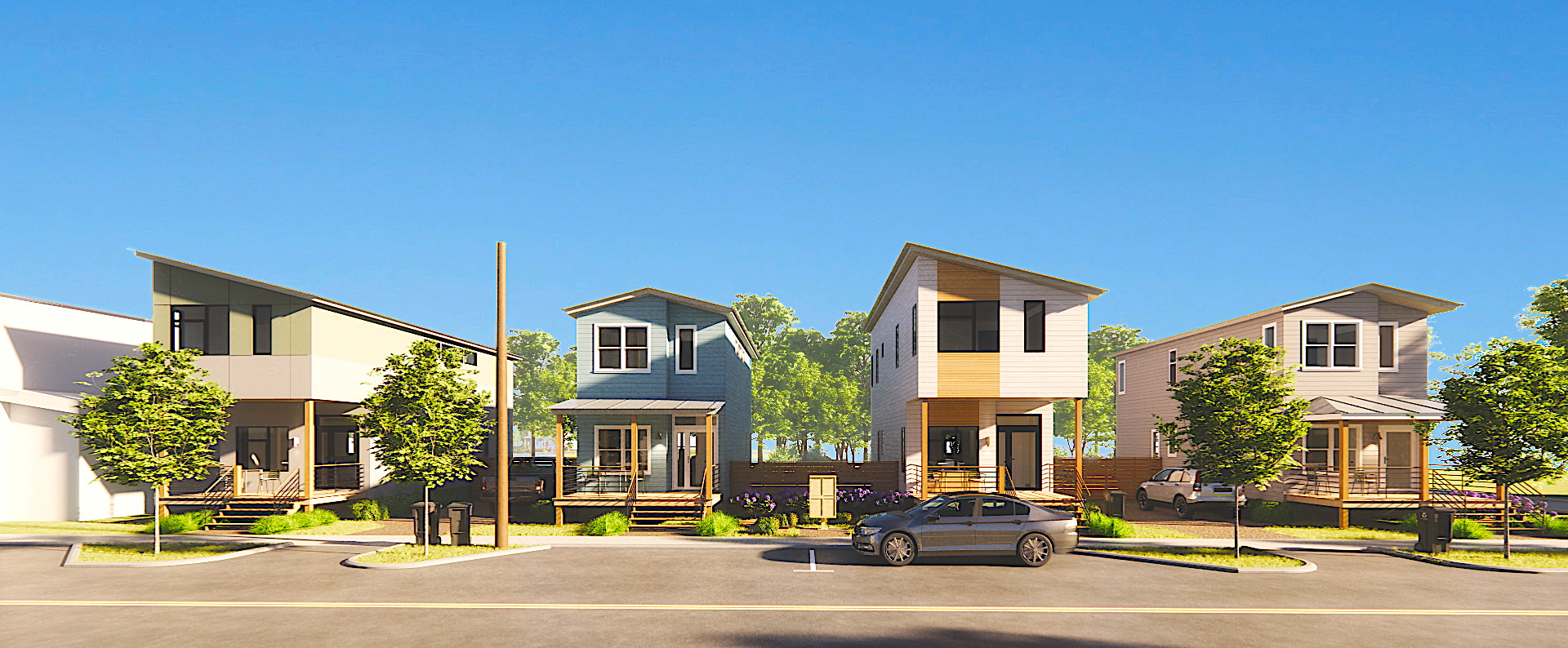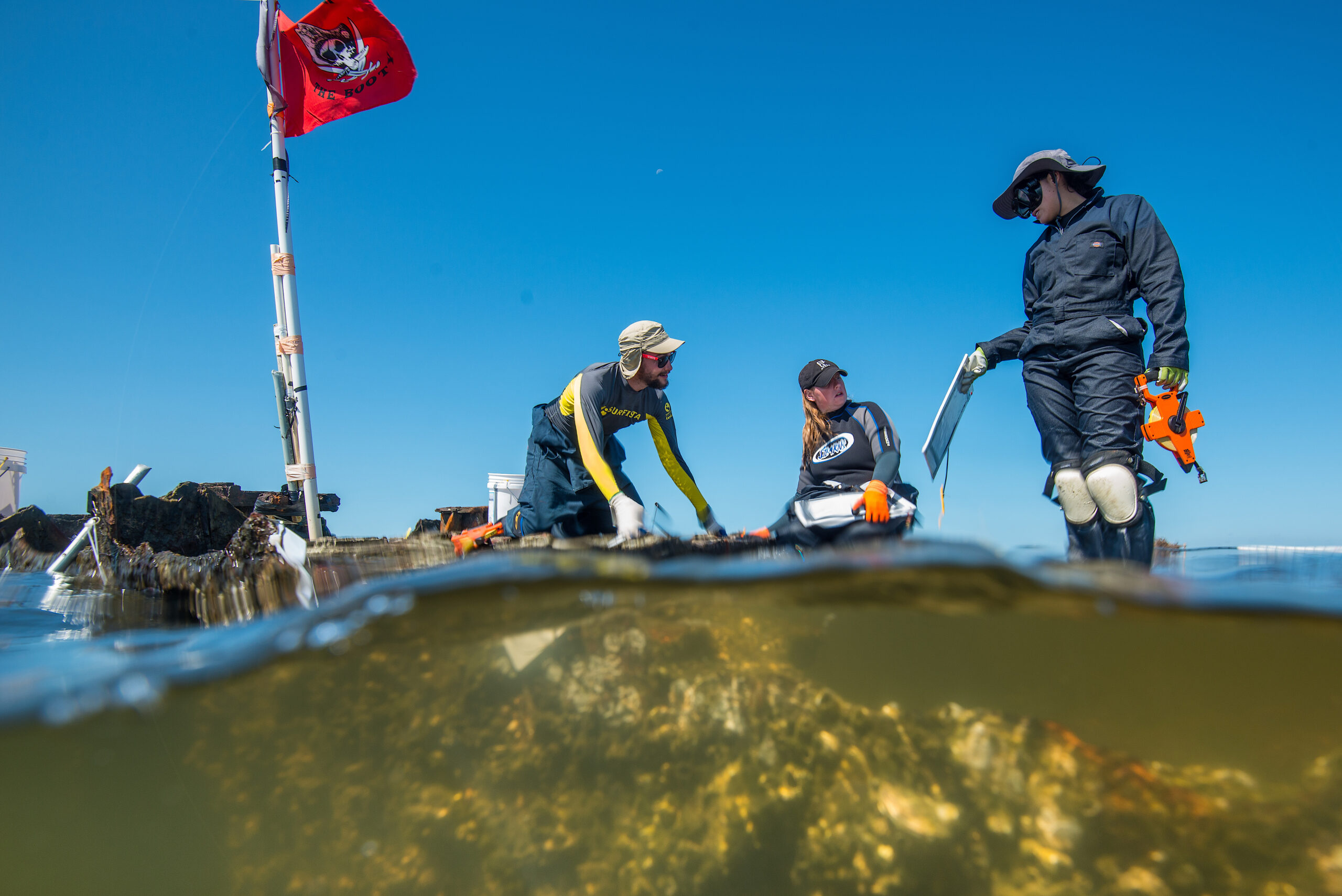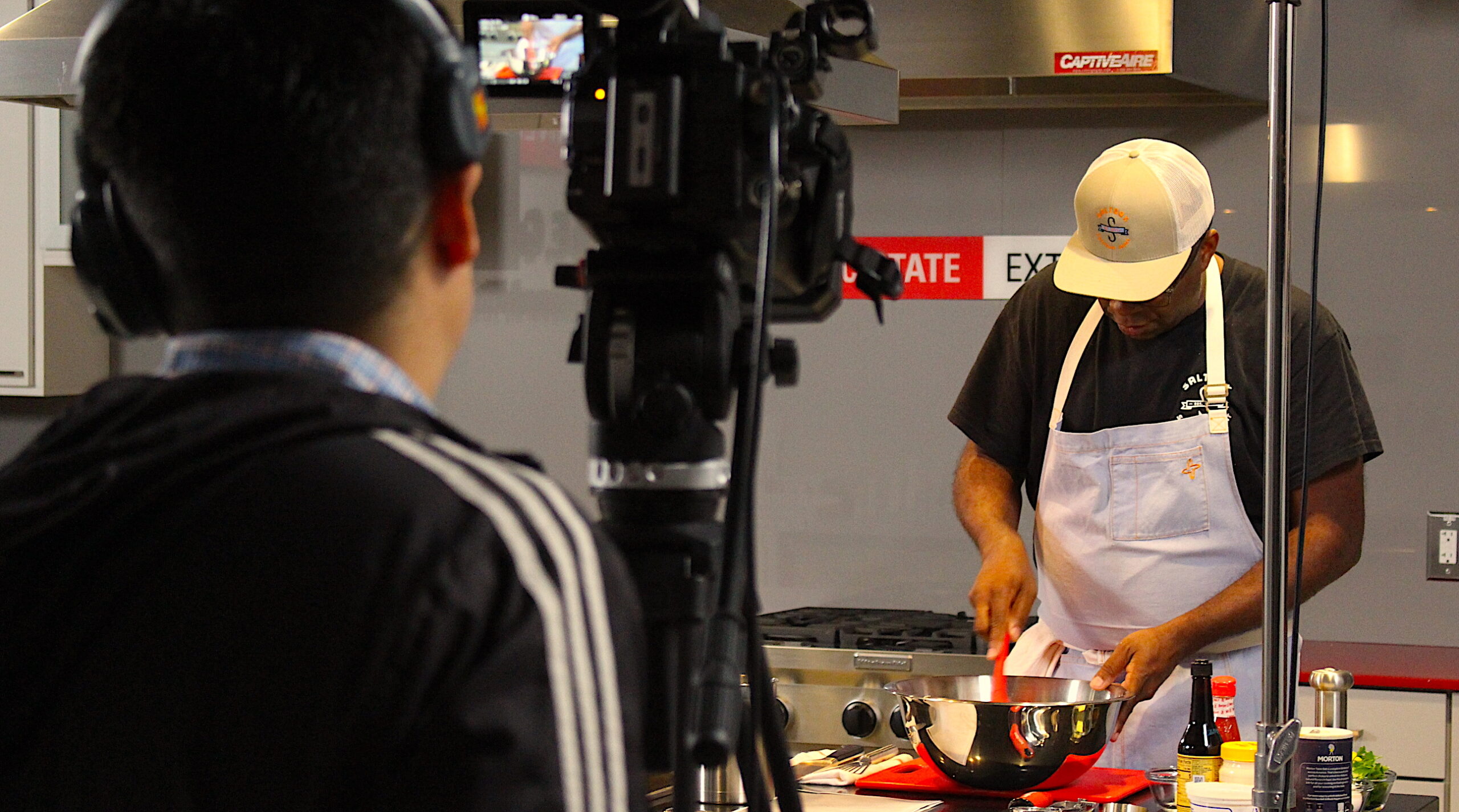Cultivating Coastal Waters: North Carolina’s ShellCast App Goes Regional
A digital tool for North Carolina's Shellfish growers soon will forecast last-minute lease closures in Florida and South Carolina, too.
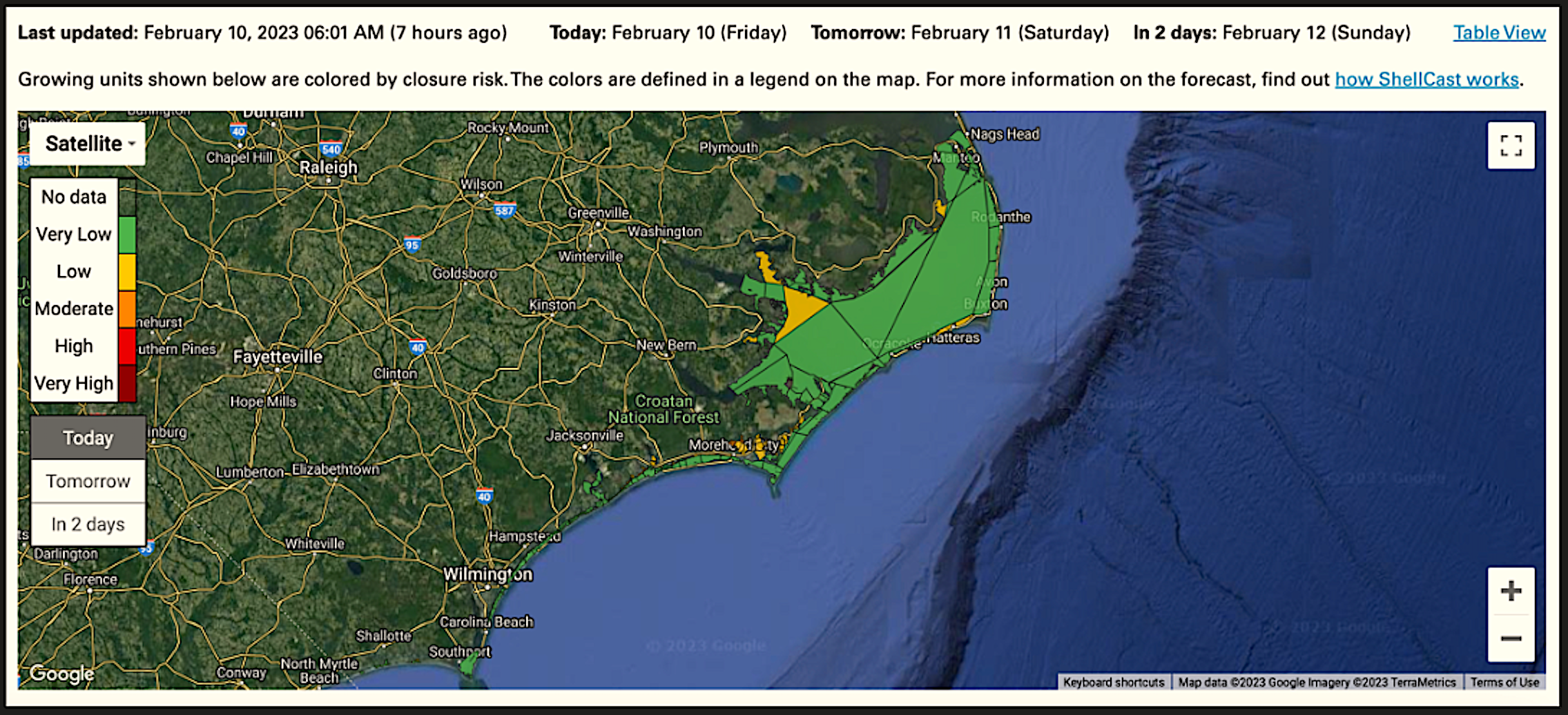
In early 2022, ShellCast debuted as a digital tool to help North Carolina shellfish growers better prepare for last-minute lease closures. This year, ShellCast is expanding along the south Atlantic coast to benefit growers in Florida and South Carolina.
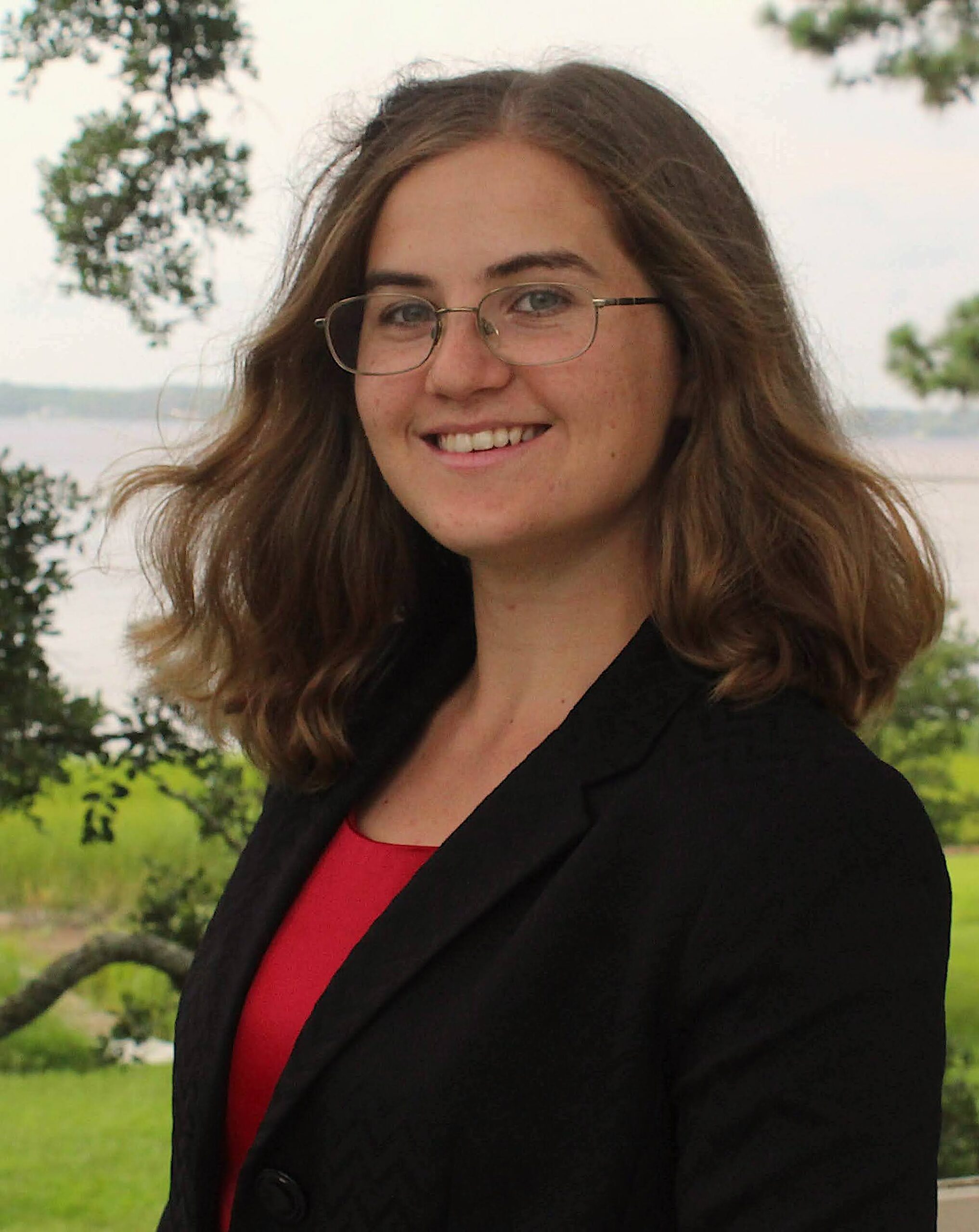
North Carolina Sea Grant initially funded development of the tool. Natalie Nelson, an engineering researcher at NC State University, led a team that coordinated a pilot program for users to test the app and then refine it.
Nelson anticipates expansion of the app into South Carolina early this year and later into Florida. Her team received additional funding from the Southeast Coastal Ocean Observing Regional Association (SECOORA) as part of a grant aimed at connecting important coastal tools and expanding their use across the southeast.
Expanding ShellCast into South Carolina is relatively straightforward, but making the app available to Florida shellfish growers is more complicated.
While the U.S. Food & Drug Administration’s National Shellfish Sanitation Program provides basic sanitation requirements for shellfish grown and harvested for human consumption, states can build from these standards and maintain management programs that work for their specific resource management agencies.
To address discrepancies and provide an app more specific to Florida, Nelson brought in Natalie “Nat” Chazal, a master’s student studying biological and agricultural systems analysis at NC State University. Chazal optimized models that could be used to improve the app in Florida.
Chazal says that the main difference in Florida’s management protocol comes down to their use of an alternate sampling method to test water quality. Officials in North Carolina and South Carolina use a systematic random routine sampling method, which samples waters when they are not closed or are presumed to be clean to determine water quality statistics. Florida, however, uses an adverse pollution condition as their routine sampling method, a method capturing “worst case” conditions, such as those following rain events.
To develop state-specific models, Chazal spent last summer collecting and processing water quality data from Florida. She used these data to build upon existing models developed by Megan Carr, a PhD student studying biological and agricultural engineering at NC State, for Florida shellfish waters. Since then, Chazal and the ShellCast team have met with collaborators and presented their findings through SECOORA and at the Ecological Society of America’s annual conference.
Chazal looks forward to helping more shellfish growers manage their harvest schedules. “Growing up in Carteret County has given me an appreciation for community,” she says. “In a way, this research is directly giving back to my community.”
- Coastwatch on sustainable fisheries and aquaculture
- North Carolina Sea Grant ’s funding opportunities
Carrie Clower is a science communication intern with North Carolina Sea Grant, a Ph.D. student at NC State University, and a former AgBioFEWS Fellow through NC State’s Genetic Engineering and Society Center.
